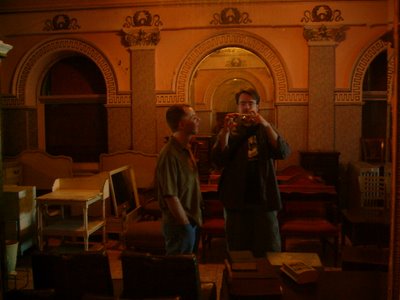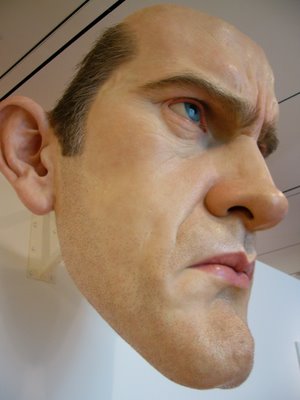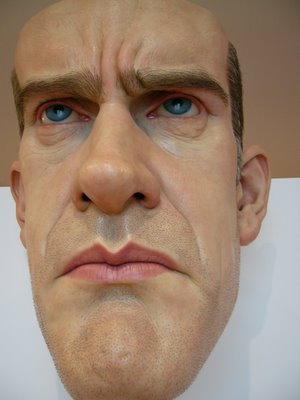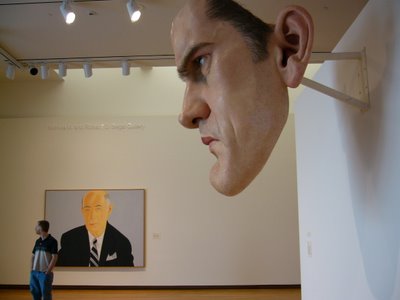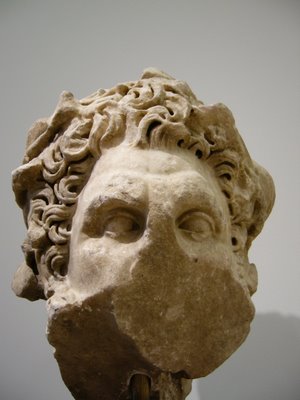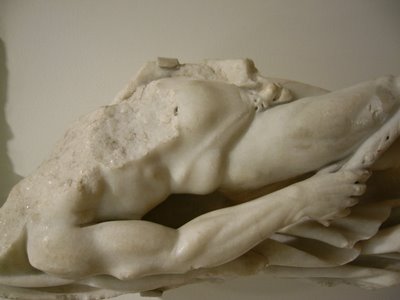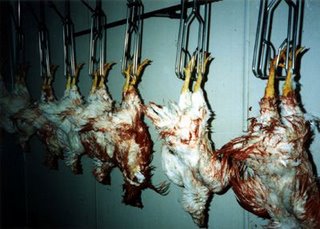 I've been writing, and thinking a lot about writing. A woman in a shop told me to read Orhan Pamuk's Nobel lecture. It was a good tip. I found two sentences that hit home:
I've been writing, and thinking a lot about writing. A woman in a shop told me to read Orhan Pamuk's Nobel lecture. It was a good tip. I found two sentences that hit home:The starting point of true literature is the man who shuts himself up in his room with his books.
I write because I can only partake in real life by changing it.
Something pivots between these two quotes. To move into the world as a writer, you must first withdraw from it.
The woman I met in the shop travels the country on her motorcycle, and writes about her adventures. She was on the cover of the City Paper two weeks ago. She leads workshops on erotic poetry for people who were sexually abused. She is partaking in real life by changing it.
In Samuel Delany's book on writing, he says we are not striving for spare writing, but for clear writing. I have heard many people praise spare writing. Spareness can be beautiful, but so can complexity. Delany says good writing may be spare or complex, but must be clear. He has disentangled starkness and clarity, which for me had become confused. The latter is a virtue, the former merely a characteristic.
Delany also says you cannot hope to write a book better than the best book you have read in the past three months! I strive to read the best books: my first writing teacher told me, You will write like what you read. This year I have been reading Yeats, Woolf, Merton, Haruki Murikami, Sherman Alexei, and a lot of Samuel Delany. But Delany is making me realize I must read even more.
To be a writer, I am allowing my more outward self to atrophy a bit. And I have neglected my spiritual life. I am determined to get all I can out of life but do continually shave off pieces of a potentially more well-rounded and generous self, in order to cultivate my writing. In that most famous portrait of Shakespeare, he looks so disappointingly tired and dull. The actor Simon Callow says, in his book Being an Actor, that that is because he has exhausted himself giving life to his characters. And of course his characters are more lively, more vital, than anyone's.
I visited a friend of mine, a fox-- those of you who know me know that my job brings me into contact with people of many different species. I don't visit my friend the fox as often as I did. Now I see her only now and then. I have known her seven years! She was so happy to see me, she vocalized much more than she usually does. At one point she lowered her head and pressed it against against my leg-- I was sitting beside her. As she pressed her head against my leg she gave a long deep trill-- a sound I've never heard her make. With that trill, and the pressure of her forehead, she communicated (I think) her fondness for me, her memory of the times I've spent with her, and how grateful she was I visited her. There was no reproach in it. Her lack of reproach, her total acceptance and welcome, stings more than a reproach.
To be engaged, to be fully engaged, is demanding.
I worry that I am losing out on something valuable, not being more vitally involved with more people, and with the animals I know. I should be willing to spend more of my vitality, and venture more of my heart. And save something for my writing too.
Oscar Wilde said "I put all my genius into my life; I put only my talent into my works." If that's true, his talent was enough to make him indispensable. I used to think it was sad that Oscar said the greatest part of himself had gone into his life and not his writing. Now I think: how lucky his friends were to have had him so fully present in their lives.
